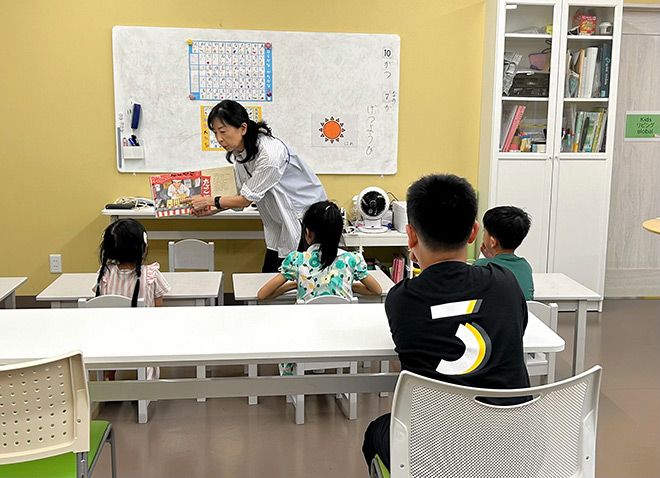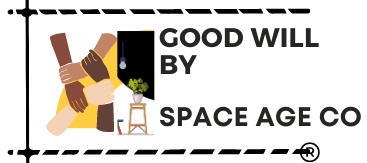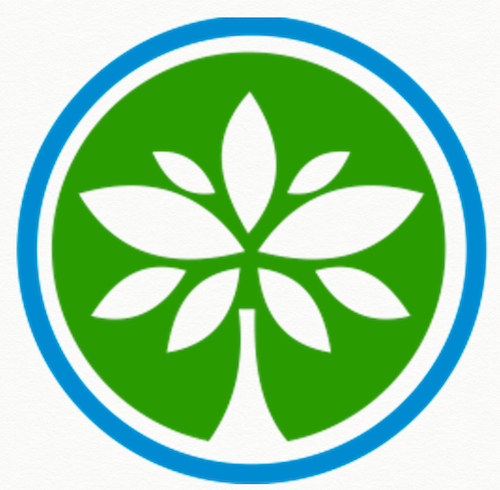
NPO to fund language classrooms for foreign children
The nonprofit organization Metanoia is holding a crowdfunding campaign to establish permanent Japanese language classrooms in Tokyo and Saitama Prefecture for children of foreign backgrounds.
Metanoia, a certified NPO in Tokyo’s Adachi Ward, has been operating Japanese language classrooms for children since 2021.
It currently operates nine classrooms in Adachi Ward and Saitama Prefecture, serving around 200 children.
However, classes are held only once or twice a week in rented public spaces, but the rising demand for language support has outgrown the available space and time.
It plans to open two permanent classrooms―Takenotsuka Japanese classroom in Adachi Ward and Mutlu Warabi in Kawaguchi, Saitama Prefecture.
Metanoia said its name, derived from an ancient Greek word meaning “to shift perspectives,” reflects its aim to build a society where everyone can pursue happiness by uplifting overlooked voices.
“Many children from foreign backgrounds face a language barrier with Japanese,” said Takuji Yamada, 39, head director of Metanoia.
“They struggle to keep up with classes at school, find it hard to make friends, and end up feeling isolated. This can lead to a loss of confidence and a lack of motivation to take on new challenges,” he explained.
Yamada is concerned about the recent rise in discriminatory posts spreading on social media against Kurdish minorities from Turkey, including a recent unfounded post claiming that “a Kurdish child shoplifted.”
Yamada hopes that establishing permanent classrooms will not only support children’s learning but also help ease their anxieties.
“In the rented classrooms, we have so little time to spend with the children,” he said. “To truly provide a place for children, we need classrooms open every day, even if they are small.”
The NPO aims to raise 5 million yen ($32,700) through crowdfunding by the end of October.
In early October, five children, ranging from age 3 to elementary school age, sang Japanese hiragana at Adachi Preschool, one of Metanoia’s Japanese language classrooms,
Classes are held twice a week in a facility rented from another NPO.
When a teacher asked “do you know what takoyaki is?” the children responded excitedly with, “I know it!” and “I’ve tried it before!”
The children participating that day had come to live to Japan with their families from countries including China and Vietnam.
A Chinese mother, 32, attended for the first time with her second-grade son, at his teacher’s recommendation.
“He will be living in Japan long term, so I want him to be able to read and write in Japanese,” the boy’s mother said.
A Vietnamese mother, 31, who watched closely as her child practiced hiragana, said, “At home, they always tell me they are excited to talk with their teacher.”
Across Japan, an increasing number of children are struggling with language barriers.
A survey by the education ministry shows that as of May last year, 69,123 children in public elementary, junior high and high schools nationwide needed Japanese language support―about double the number in fiscal 2012.
According to the survey, 90 percent of those children receive instruction with special support.
However, Yamada said, “I’ve seen some junior high school students who attended Japanese language classes run by the ward for a year but could only say words like ‘gakko’ (school) and ‘watashi’ (I). They couldn’t introduce themselves and could write only a few hiragana.”
In a building near Takenotsuka Station on the Tobu Lin in Adachi Ward, renovations are under way for a permanent classroom, where classes have already started.
“With a space that’s always open, children can feel secure as they build confidence and learn Japanese,” Yamada said. “We aim for a society where we can live together beyond language barriers.”
Donations can be made on the crowdfunding site Readyfor: https://readyfor.jp/projects/metanoia2024
(This article was written by Sei Iwanami and Takahiro Ogawa.)

